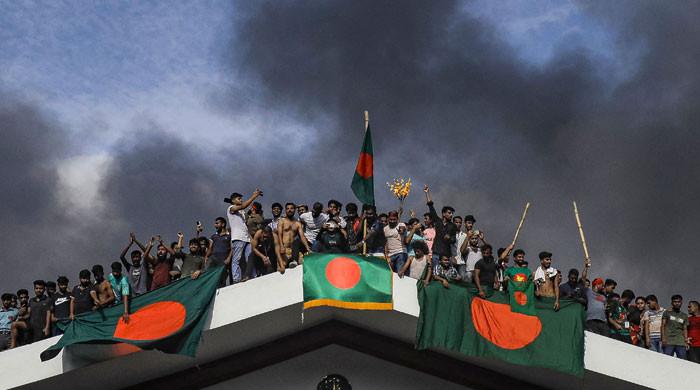Summary:
- Prime Minister Sheikh Hasina of Bangladesh resigns and flees amid violent protests.
- World Bank assesses impact on its loan program following Hasina’s departure.
- Protests began over job quotas and escalated to demand Hasina’s removal.
Anti-government protesters stormed Prime Minister Sheikh Hasina’s palace in Dhaka on August 5, 2024, marking a significant turn in Bangladesh’s political unrest. The World Bank announced it is evaluating the impact of these events on its loan program with the country.
Prime Minister Sheikh Hasina resigned and fled after hundreds were killed in a violent crackdown on protests. The demonstrations initially focused on job quotas but grew into a movement calling for her removal.
The World Bank expressed sorrow over the violence and tragic loss of life, urging a swift and peaceful resolution. The bank is committed to supporting Bangladesh’s development aspirations while assessing the situation’s impact on its programs.
In June, the World Bank approved two projects worth $900 million to aid Bangladesh in strengthening fiscal policies and improving urban infrastructure for sustainable growth. The World Bank has been a key development partner for Bangladesh since its independence, committing about $41 billion in grants and interest-free credits.
For the fiscal year ending June 30, 2024, the World Bank Group had total commitments in Bangladesh of $2.85 billion. The unfolding political turmoil now casts uncertainty over the future of these financial commitments.

